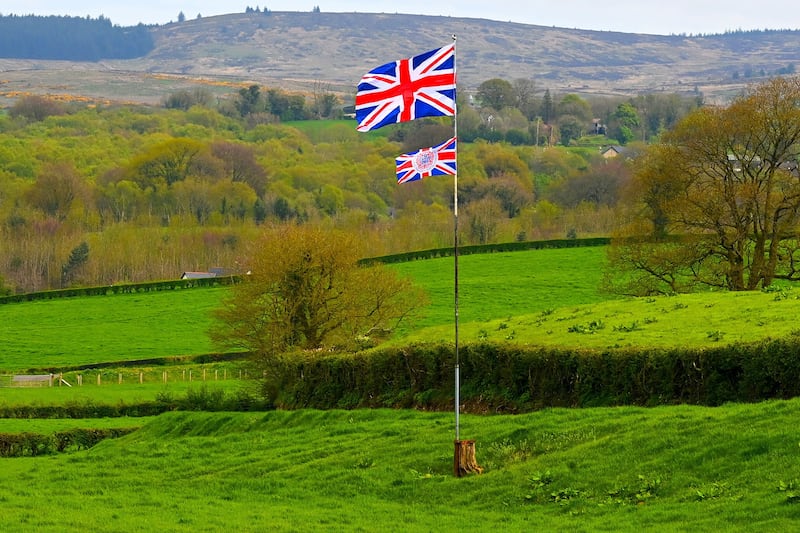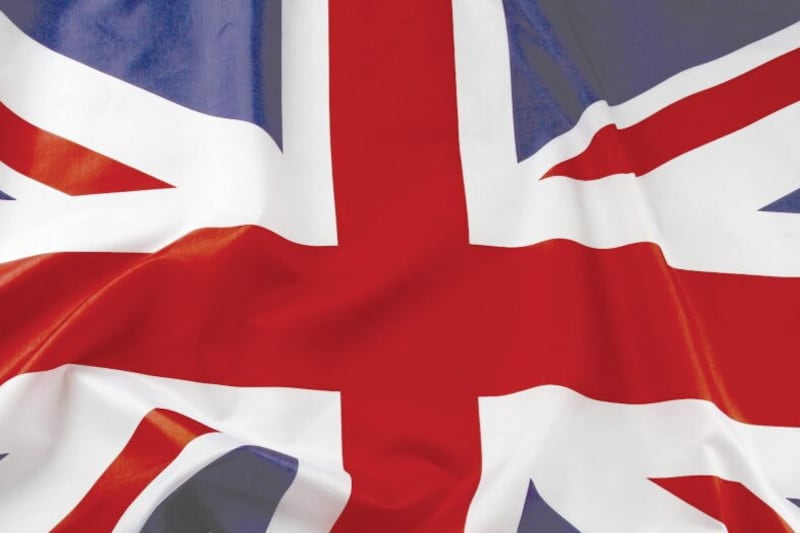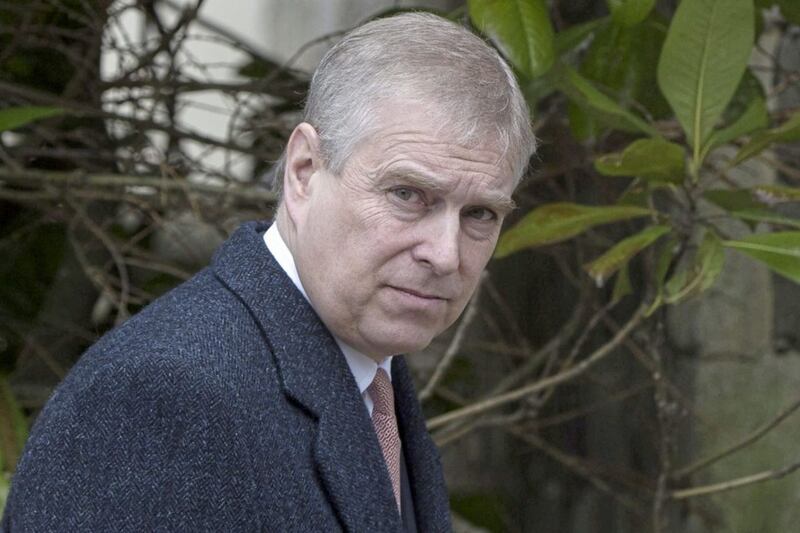A nationalist has lost her legal challenge to the flying of the Union flag at courthouses and government buildings in Northern Ireland.
Helen McMahon went to the Court of Appeal in a bid to overturn a previous ruling that erecting the standard on designated days does not unlawfully deny her equal treatment.
The Court of Appeal today held that the Flags Regulations 2000 were lawful and said it was satisfied that the Secretary of State had regard to the Belfast Agreement when making regulations about the flying of the Union flag at prescribed buildings on prescribed days.
The Court said the decisions the Secretary of State took were not intended to “disrespect” those members of the population who do not consider the Union flag to reflect their identity and aspirations and that they should not be perceived as such:
“Tolerance of the presence of the Union flag is a practical demonstration of the principle of consent which the majority of people on both sides of the Border have agreed to adopt. Sensitivity in the display of the symbols of one community viz a viz another is an appropriate demonstration of the principle of parity of esteem which implies as Lord Kerr noted," Mr Justice Horner said.
The Court of Appeal panel comprised of Lord Justice Stephens, Lord Justice Treacy and Mr Justice Horner.
Ms McMahon centred her case on the Union flag being flown at her local courthouse in Omagh, Co Tyrone.
But her challenge widened out to include all other court and government buildings where it is erected at full mast on set days throughout the year.
In proceedings issued against the Secretary of State, she stated that she recognises and acknowledges the Irish tricolour as her national flag.
Under the current arrangements, according to her case, the flying of flags in Northern Ireland does not reflect her status as a member of the nationalist community.
Ms McMahon's legal team contended that the practice, contained in the Flags Regulations (Northern Ireland) 2000, goes against the Agreement.
Martin O'Rourke QC said: "The requirement is parity of esteem for the identity, ethos and aspirations of both communities."
The court heard potential remedies could involve either flying both the Union flag and the Irish tricolour, or none at all.
Tony McGleenan QC, for the Secretary of State, countered that the legislation had been put before Parliament, as well as scrutinised by the Equality Commission and an Assembly ad hoc committee.
"One has the clear assertion, endorsed by both Houses, that the Secretary of State has had regard to the Belfast Agreement," he said.
"That's a clear answer to the case."
Extracts from official Hansard report show "a lively and informed debate" on the regulations, counsel added.
Mr McGleenan also argued that 'parity of esteem' was not translated into the Northern Ireland Act following the Good Friday Agreement.
"That was never introduced as a legal concept," he said.








